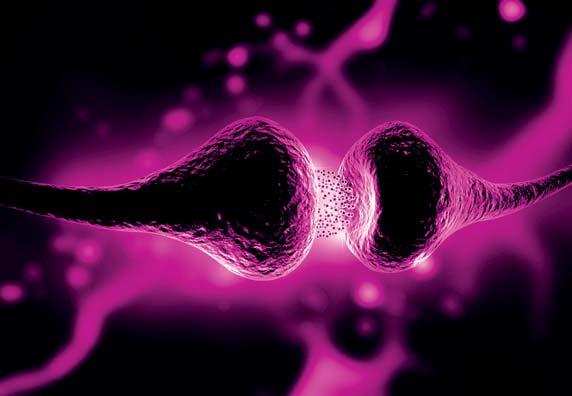
3 minute read
Fujirebio Europe A pioneer in the field of Alzheimer diagnostics
by 5rXobdlLrFp
© Fujirebio © Fujirebio
Advertisement

Fujirebio, the In Vitro Diagnostics (IVD) branch of the global Japanese healthcare group Miraca Holdings, is a leader in the field of high quality IVD testing solutions and a privileged partner for distribution, contract manufacturing and custom OEM solutions.
With more than 50 years’ accumulated experience, their products range from specialized manual testing to fully automated routine testing for infectious diseases, oncology, genetic testing, thyroid, fertility, tissue typing, bone, cardiology and neurodegeneration. Over the past 25 years Fujirebio has also shown the way with innovative automated immunoassay testing solutions such as the robust Lumipulse ® chemiluminescence platform, now available across Europe, USA, and Asia.
Under the name Innogenetics N.V., acquired by Fujirebio Inc. (Japan) in 2010, the company has distinguished itself as pioneer in the field of Alzheimer diagnostics - first with the manual assays and now again on a fully automated platform.
Dementia is expected to affect 74.7 million people worldwide by 2030 and 131.5 million by 2050. Alzheimer’s disease (AD) is the most common form of dementia, but it is not easy to diagnose due to the overlap in clinical symptoms between different types of dementias and pseudo-dementias. The pathological changes that occur in AD are present long before one starts developing symptoms. With high unmet needs to correctly diagnose AD, biomarkers related to the pathology offer the opportunity to diagnose it early and accurately. Based on the sampling of cerebrospinal fluid, this technique is much simpler to implement and less expensive than medical imaging. Four tests have recently been developed and launched by Fujirebio on the fully automated Lumipulse ® platform, measuring -amyloid 1-42 , -amyloid 1-40 , total Tau and hyperphosphorylated Tau. When the measurements of these biomarkers are indicative for AD, the likelihood of AD dementia being the underlying cause of the cognitive deterioration increases. Therefore, IVD testing offers each patient suffering from cognitive impairment a chance to receive better and more relevant care.
Over the years clinical diagnostic criteria have evolved to incorporate these biomarkers. They have first been adopted by research centers and specialized memory centers. Now they are becoming more and more implemented in routine, thereby increasing the volume of tests and creating a need to have them on an automated system. In addition, the pharmaceutical industry is highly interested in these tests as a means to include patients into their AD-trials. When a drug will finally be approved, drug prescription can be based on the results of these assays.
The teams at Fujirebio Europe N.V. are especially proud of their fully automated solution for AD biomarker testing. Both the automation itself as well as the implementation of the certified reference materials for -amyloid 1-42 add to the highly anticipated standardization of these markers. With implementing Lumipulse G automated assays, this “operational” standardization leads to a higher precision and more reliable results. This good news does not come alone: in early 2020 the company Biogen plans regulatory filing for aducanumab, a drug against AD. This drug has, based on new analysis of a larger dataset from phase 3 studies, the potential to reduce clinical decline in patients with early AD as demonstrated by the pre-specified primary and secondary endpoints of the trials. When diagnostic and therapeutic progress come together, patients have every reason to hope!

Fujirebio Europe N.V. Technologiepark 6 - B-9052 Gent - Belgium Tel.: +32 (0)9 329 13 29 Email: info@fujirebio.com - https://www.fujirebio.com










